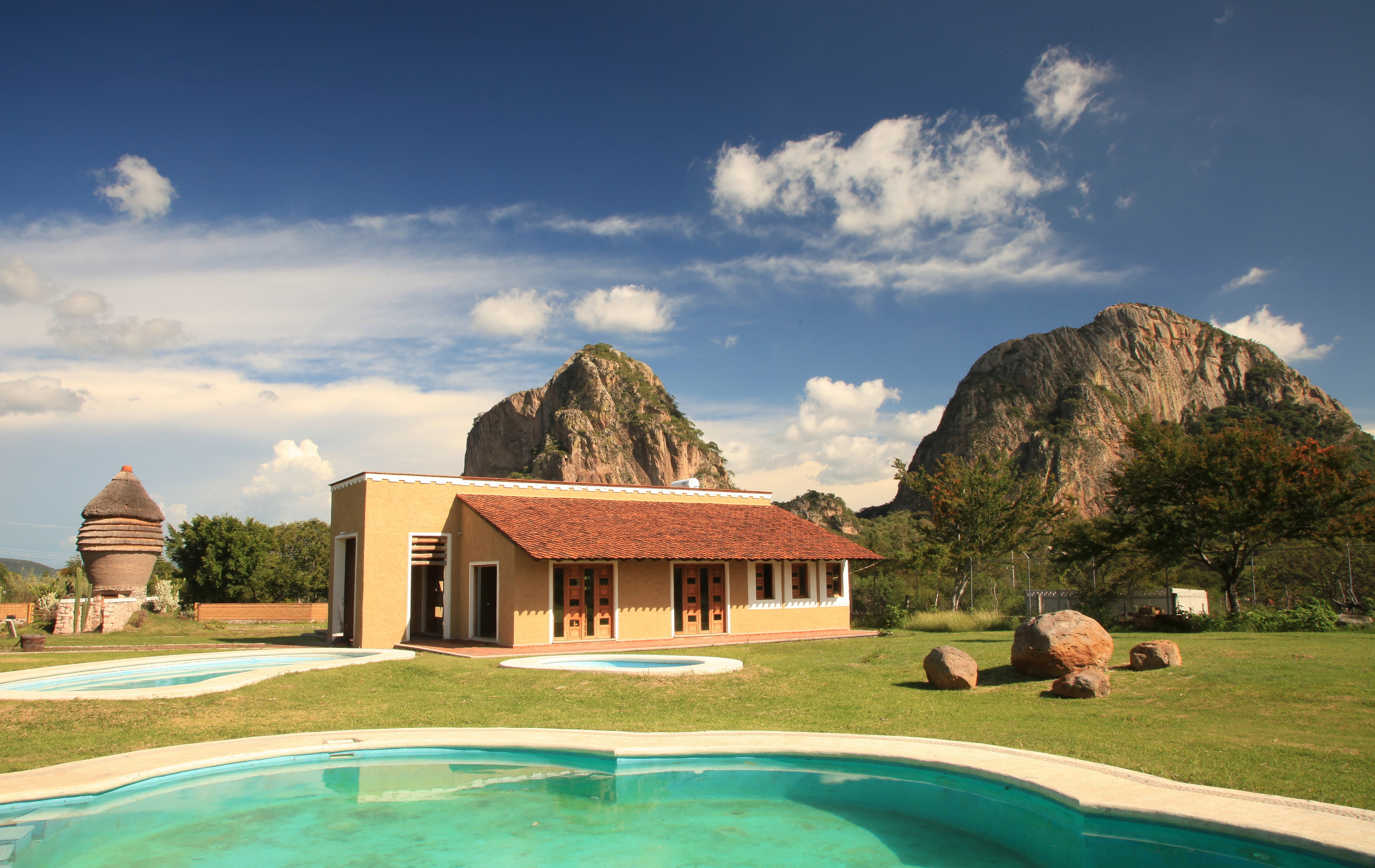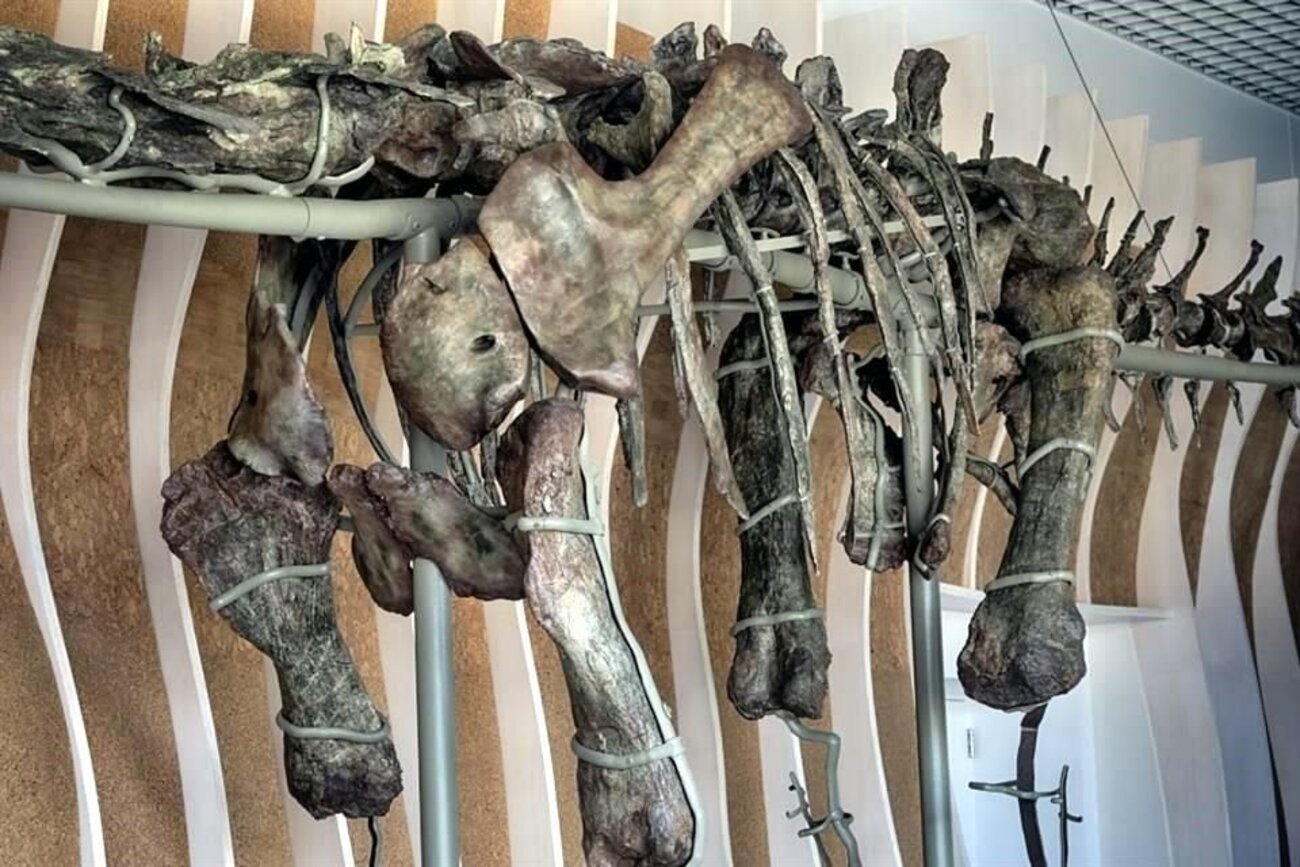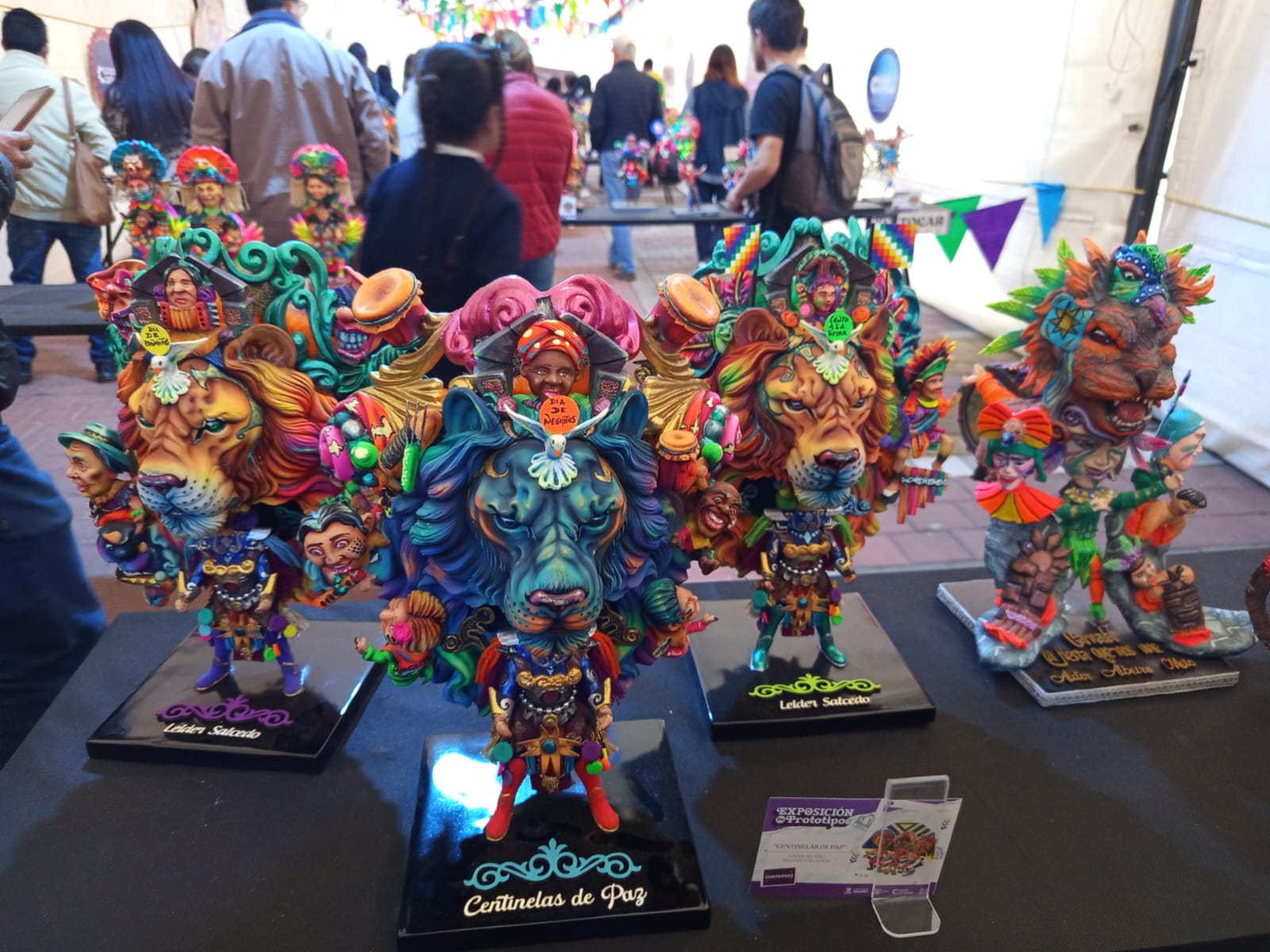
Tourism uses tourism to integrate cultural heritage
Tourism is a tool for integrating cultural heritage, preservation of biodiversity and the defense of indigenous peoples, the chairman of Mexico's Indigenous Tourism Network (RITA) told EFE.
"What we are trying to achieve is community development with identity, having tourism as a showcase," Ricardo Campos said.
RITA comprises more than 100 organizations in 16 states representing 17 indigenous peoples, including Purepechas, Totonacos, Mazahuas and Lacandones.
Campos said that RITA seeks to achieve decent living standards for communities while preserving their identity, as opposed to cases in which tourism "has negatively affected biodiversity and culture."
He cited the example of the Mayan area, where the steady flow of tourists has been accompanied by "a high level of loss of language and biodiversity due to tourist megaprojects."
Through RITA, he said, "we seek to join this tourism development, but sustainably."
"We are focusing tourist activity toward building a platform for the development of indigenous communities, all the while generating sustainable economic mechanisms that maintain and benefit from biodiversity," Campos said.
CONTENIDO RELACIONADO
He said that sustainable tourism is gaining ground on traditional tourism, as reflected in a shift toward a more environmentally friendly tourism.
"There is an increased awareness from both domestic and foreign tourists. That is the reason for the increase in demand," he added.
New tourism projects must include a greater focus on local development, Campos said.
"It's not about generating projects that may have a negative impact on the communities' identity or organization," he said.
RITA's philosophy is that tourism projects should be designed to incorporate the actions communities take every day to preserve their culture, biodiversity and traditional knowledge.










DEJE UN COMENTARIO:
¡Únete a la discusión! Deja un comentario.